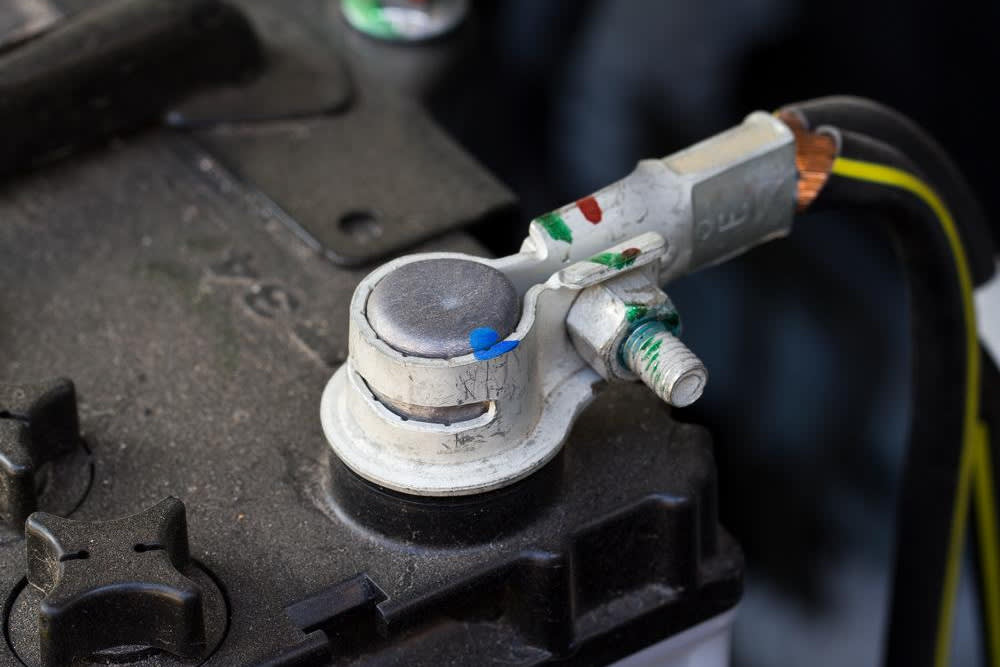

Battery cables are an important piece of any electrical system, as they are what directly connects the battery to vehicle’s electronic system. They are usually made of heavy gauge wire covered in heavy duty insulation due to the high amount of current and power that flows through them. While their build and mode of operation is simple in nature, when they do fail, battery cables can cause all sorts of problems for a vehicle. Usually, when there is a problem with the battery cables, the vehicle will produce a few symptoms that can alert the driver that a problem has occurred and should be serviced.
1. Problems with starting the vehicle
One of the first symptoms of a problem with battery cables is an issue starting the vehicle. The battery cables are what transfer the power from the battery to the vehicle’s entire electrical system. If the cables have any sort of problem, it may interfere with their ability to conduct power. Starting a vehicle takes a considerable amount of cranking power, so any problems with the cables that hinder their ability to conduct power can lead to problems getting the vehicle started. The vehicle may experience intermittent or slow cranking, as well clicking sounds during cranking, these usually occur from not enough current being able to pass through the cables to start the vehicle.
2. Corrosion on battery terminals
Another symptom of a bad or failing cable is the presence of corrosion on the terminals. Corrosion develops as a result of the acidic vapor produced by the battery when it becomes hot from exposure to the heat of engine operation. Over time, the vapor can begin to corrode the terminal and cause corrosion to build up. Corrosion will cause increased resistance along the contact surface of the terminal, and in more severe cases, can even completely block the flow of electricity. Corrosion can also seep into the insides of the cable and corrode the insides of the cable. Usually a cable corroded to this degree must be replaced.
3. No power to vehicle
Another common symptom commonly associated with bad or failing battery cables is no power to the vehicle at all. If the cables become split or corroded to the point where they are not making a clean connection with the battery, then the vehicle will not receive any power. You may notice that turning the key does not activate the accessory power, crank the engine, or switch on the interior lights. Usually, closer examination of the cables can reveal if the problem is related to the cables.
While battery cables serve a very simple purpose, they are a very important component to a vehicle’s electrical system and can cause problems for the vehicle and driver if they fail. For this reason, if you suspect that your cables may be having an issue, have the vehicle diagnosed by a professional technician, such as one from YourMechanic, to determine if the car needs a battery cable replacement or needs to have another issue addressed.



